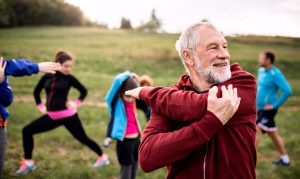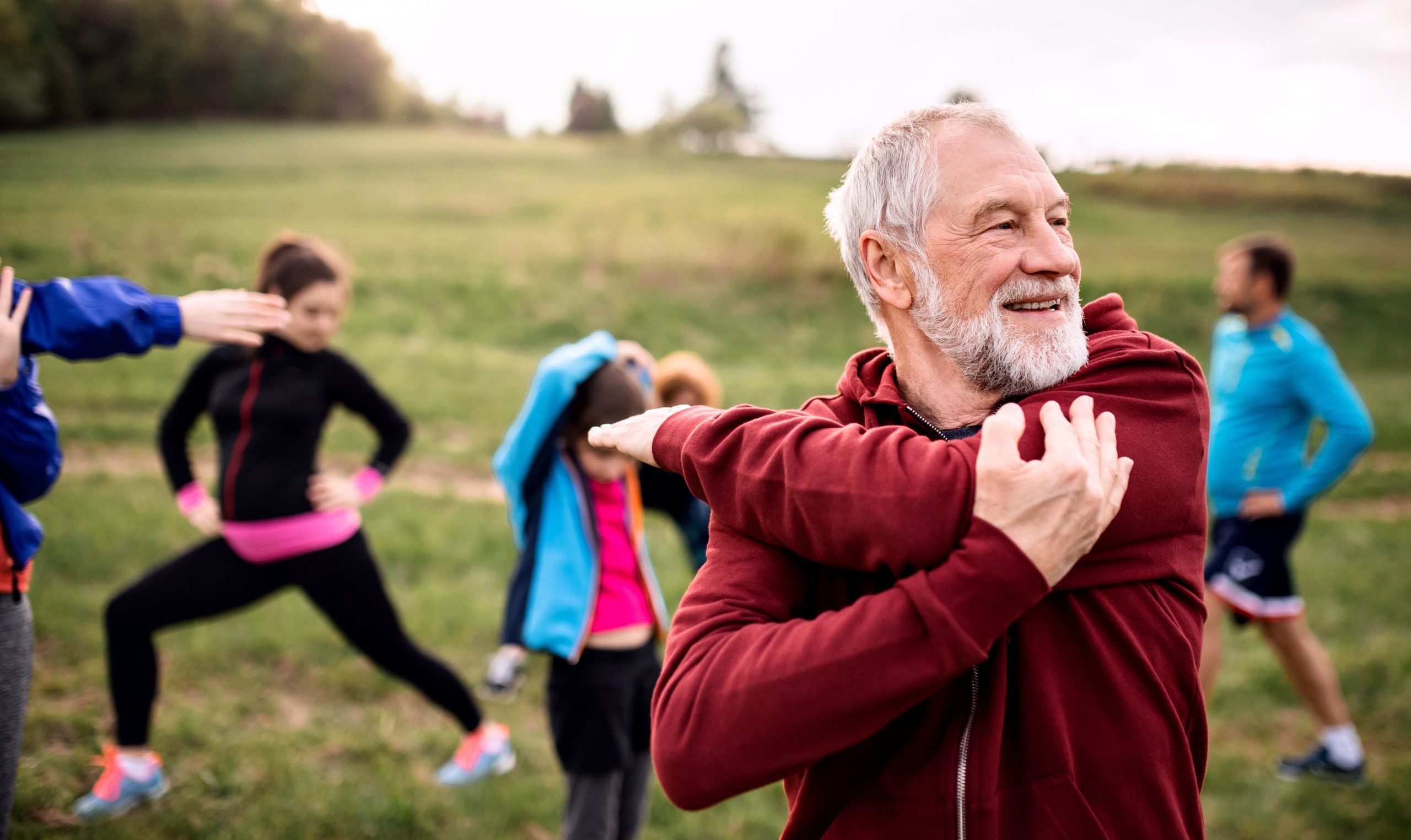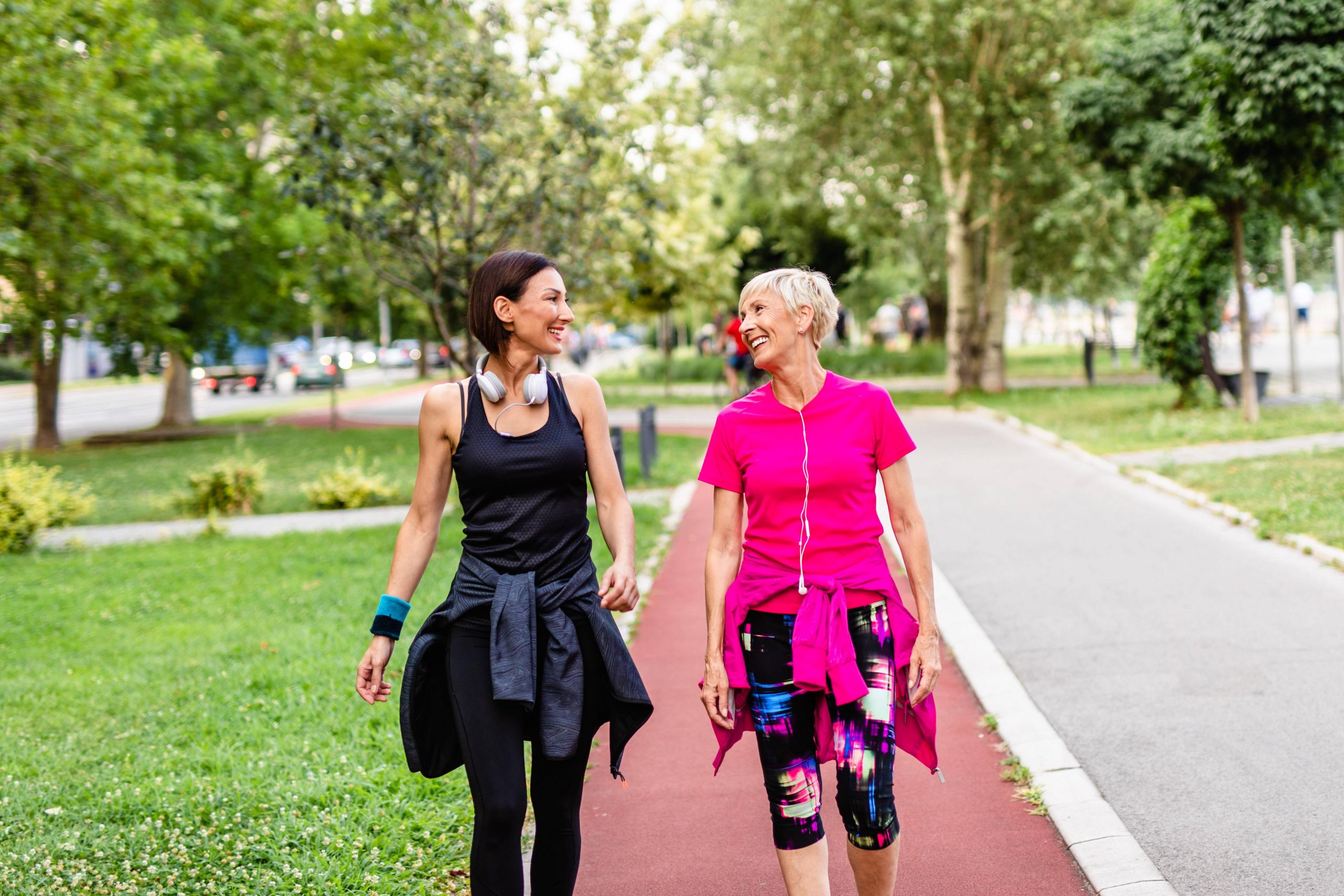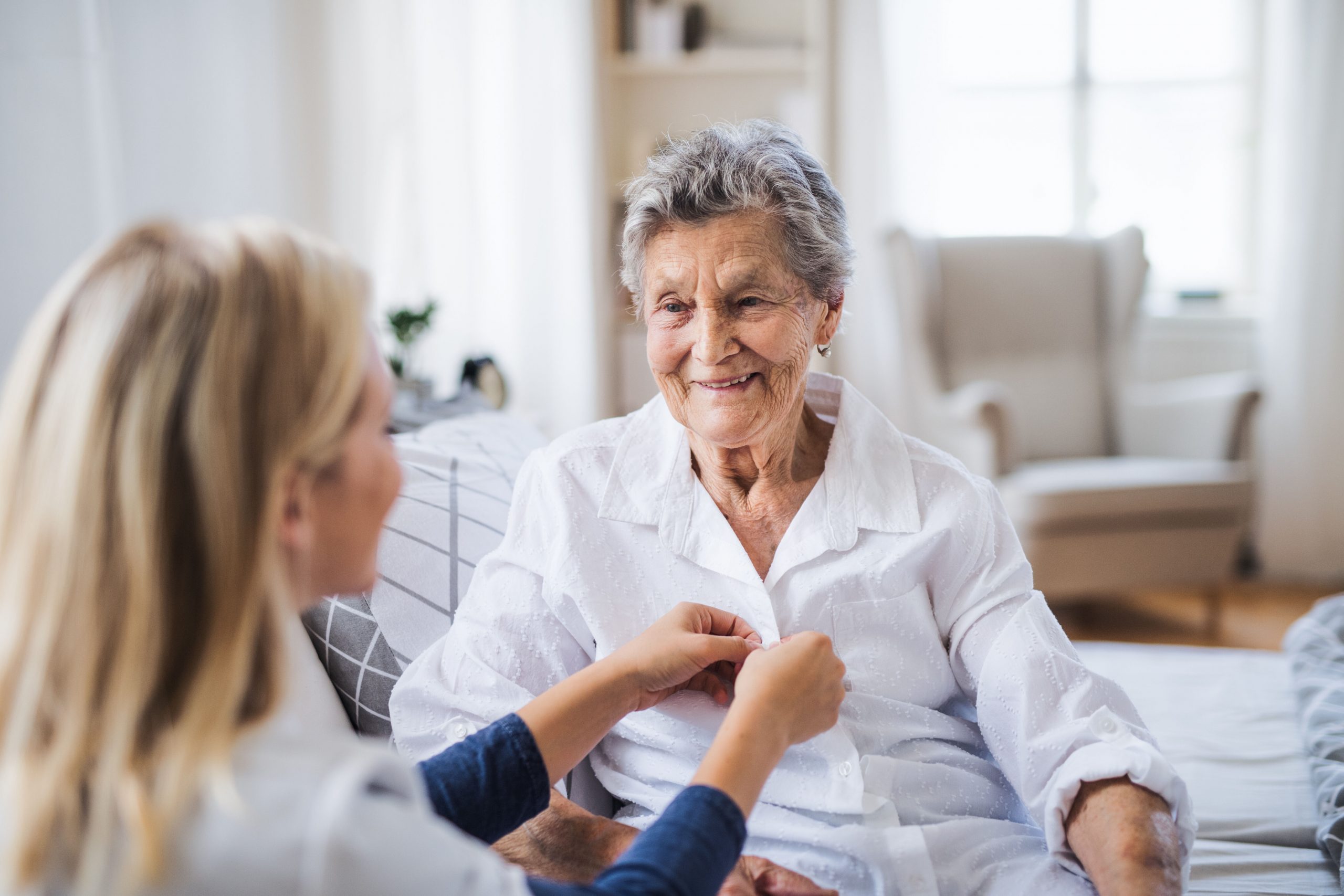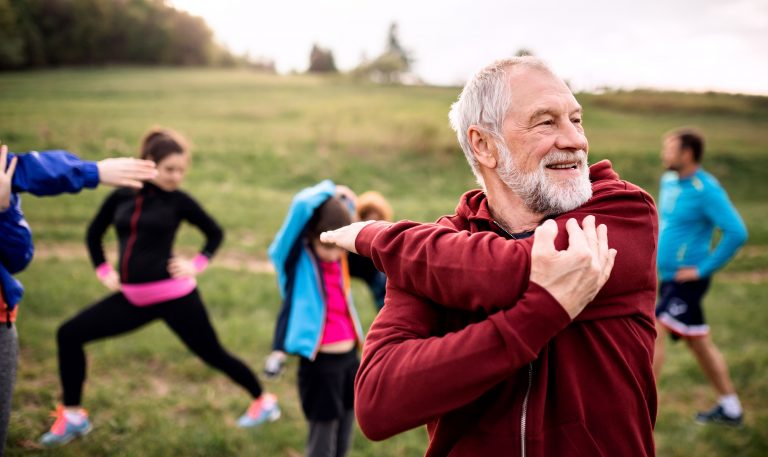As we age, our bones naturally lose density, making them more fragile and prone to breaks. But that doesn’t mean you have to accept brittle bones as a part of getting older. There are practical, affordable ways to strengthen your bones and lower your risk of osteoporosis—without spending a fortune on supplements or treatments.
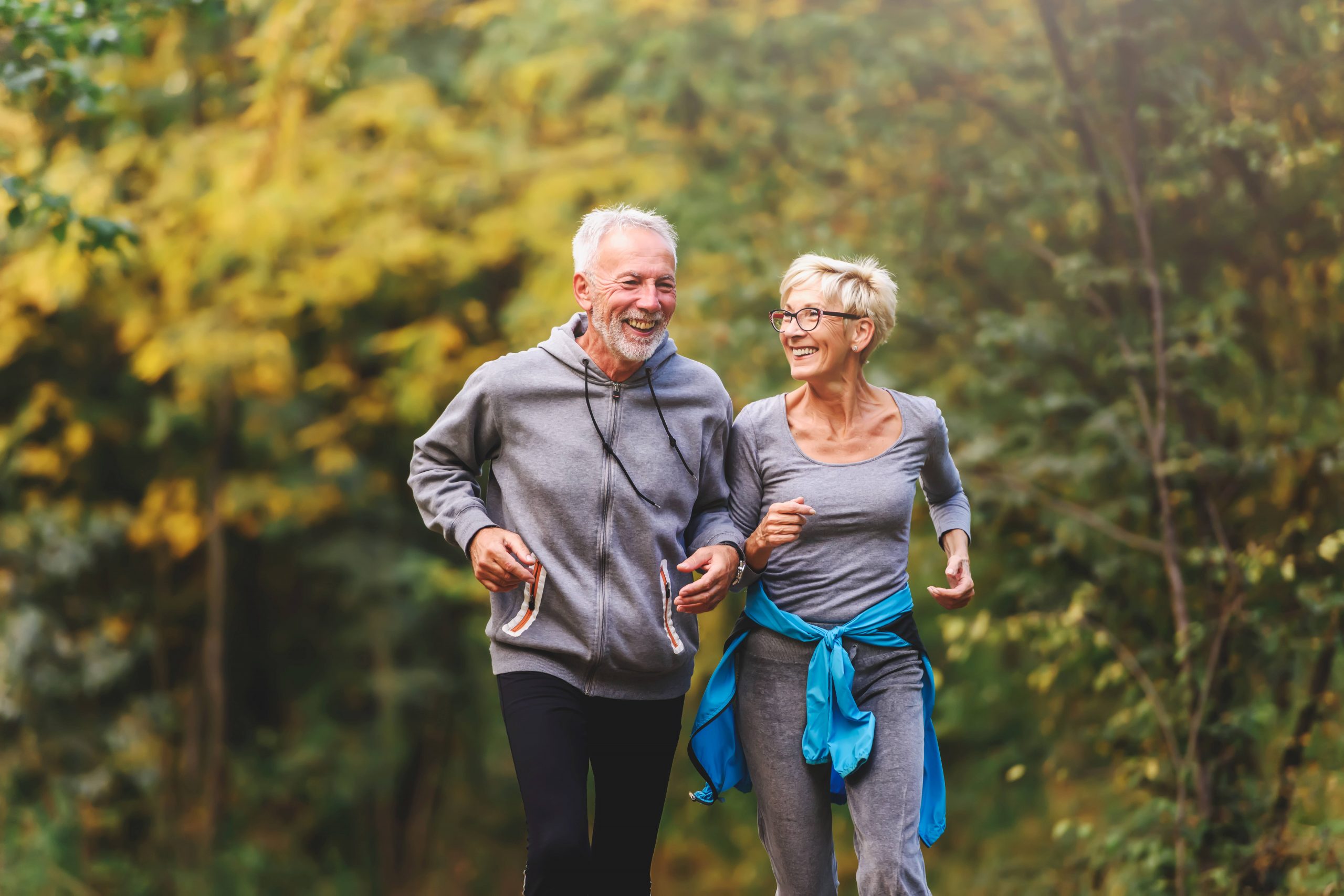
If you’re a senior looking to boost bone health, small daily choices can make a big difference.
Why Bone Health Matters More With Age
Bone loss speeds up as we get older, especially for women after menopause. That’s because estrogen, which helps protect bones, starts to decline. The result? Conditions like osteopenia (low bone mass) or osteoporosis (brittle bones) become more common.
When bones are weak, even a simple fall can lead to serious injuries like hip fractures. That’s why building and maintaining strong bones isn’t just about aging well—it’s about staying independent and active.
Nutrients That Support Strong Bones
Calcium is the big player here, but it’s not the only one. Seniors should aim for about 1,200 mg of calcium per day, preferably from food. Good sources include dairy products, leafy greens like kale, and fortified foods like orange juice or cereal.
Vitamin D is calcium’s sidekick—it helps your body absorb that calcium. You can get vitamin D from sunlight, fatty fish like salmon, or fortified milk. Many seniors benefit from a supplement, especially in winter or if they don’t spend much time outdoors.
Magnesium and vitamin K also play key roles in bone formation, so eating a variety of fruits, vegetables, and whole grains helps support your bones in a more complete way.
Best Exercises for Building Bone Strength
Weight-bearing and resistance exercises are your bones’ best friends. Walking, dancing, and low-impact aerobics force your bones to work against gravity, which signals your body to make them stronger. Resistance training—like using resistance bands or light weights—helps build muscle, which supports your bones and improves balance too.
If you’re new to exercise or dealing with joint pain, start slow. Chair yoga or gentle strength classes can still pack a punch when it comes to protecting bone mass.
| Exercise Type | Bone Benefits | Senior-Friendly Examples |
|---|---|---|
| Weight-Bearing | Stimulates bone growth | Walking, stair climbing, dancing |
| Resistance Training | Builds muscle and supports bones | Light weights, resistance bands |
| Balance & Flexibility | Reduces fall risk | Tai chi, yoga, balance drills |
Lifestyle Changes That Make a Difference
Smoking and excessive alcohol use are both linked to lower bone density. If you smoke, quitting is one of the best gifts you can give your bones. And if you drink, stick to one drink per day or less.
Getting regular sleep also plays a part. Your bones rebuild and repair during sleep, so prioritize 7–9 hours of quality rest each night.
Stress can take a toll on your body—including your bones. Chronic stress leads to inflammation, which may interfere with how your body rebuilds bone tissue. Even simple daily habits like walking outdoors, breathing exercises, or chatting with a friend can help lower your stress levels.
Medications That Help (and Hurt)
Certain prescription medications can help prevent or treat osteoporosis, such as bisphosphonates, which slow bone loss and may even help build bone back up over time. These are typically recommended for people with very low bone density or a history of fractures.
On the flip side, some medications—like steroids, certain seizure meds, and acid reducers—can weaken bones if used long-term. If you take any of these, talk to your doctor about how to protect your bone health while staying on necessary treatments.
Easy, Budget-Friendly Bone Health Habits
You don’t have to overhaul your life to protect your bones. Start by adding calcium-rich snacks to your diet, like a serving of yogurt or almonds. Set a reminder to get outside for 15 minutes of sun to help boost your vitamin D. Look for free online workouts or classes at your local senior center that focus on strength and balance. Even swapping out soft drinks for milk or water can help in the long run.
Making small, consistent changes can add up to big protection over time.
Where to Learn More or Get Support
Strengthening your bones is one part of a bigger plan to stay strong, mobile, and independent as you age. Here are some reliable resources to help you learn more and take action:
